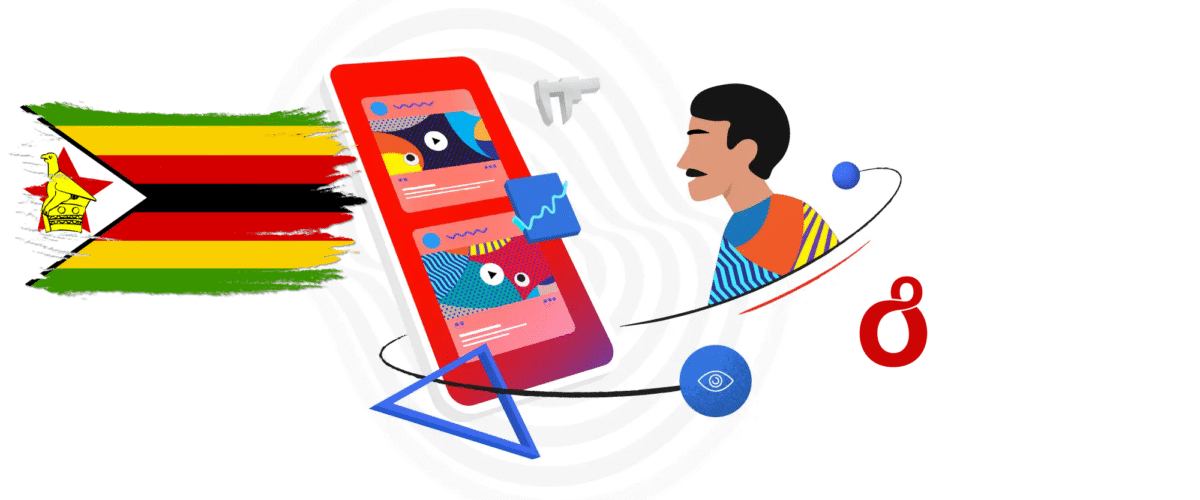Africa Tech Festival 2025: Key Trends, Big Announcements, and What They Mean for Africa’s Digital Future
By Dynaton Data
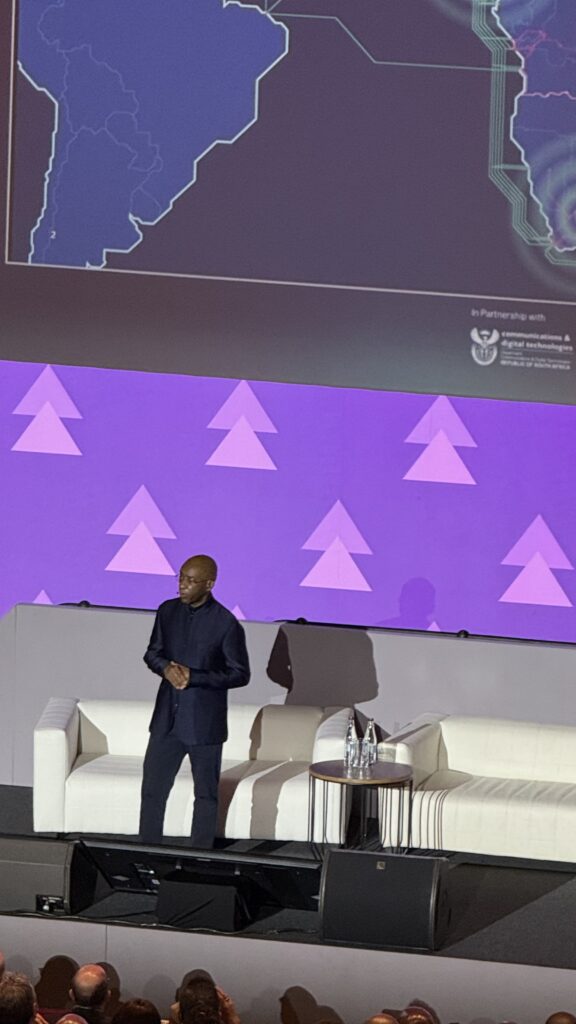
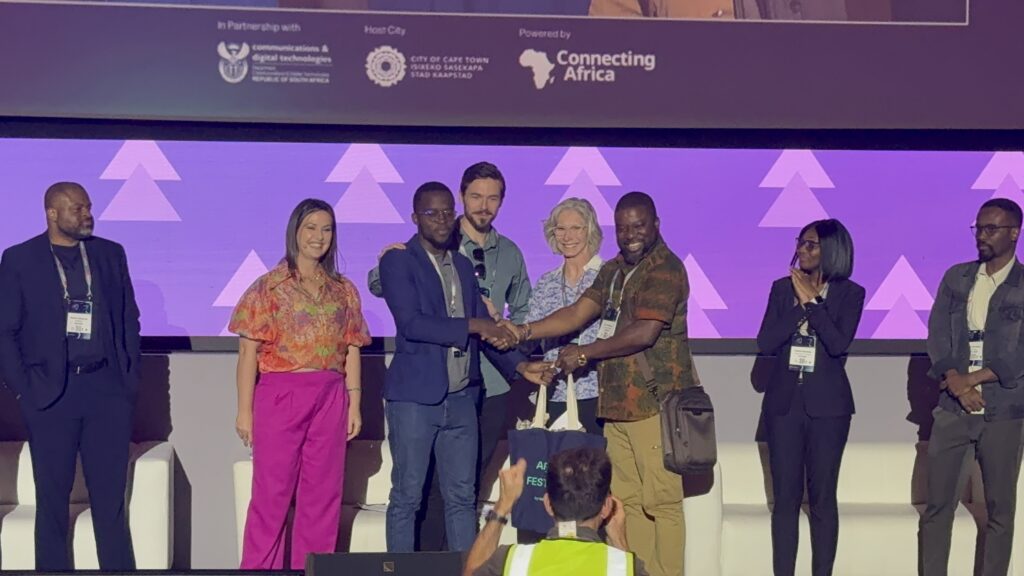
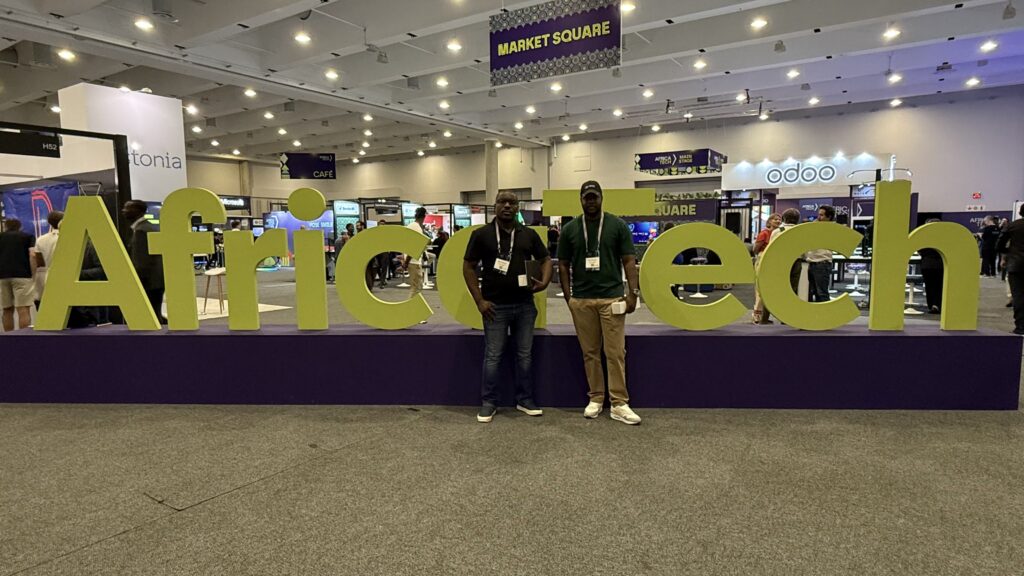
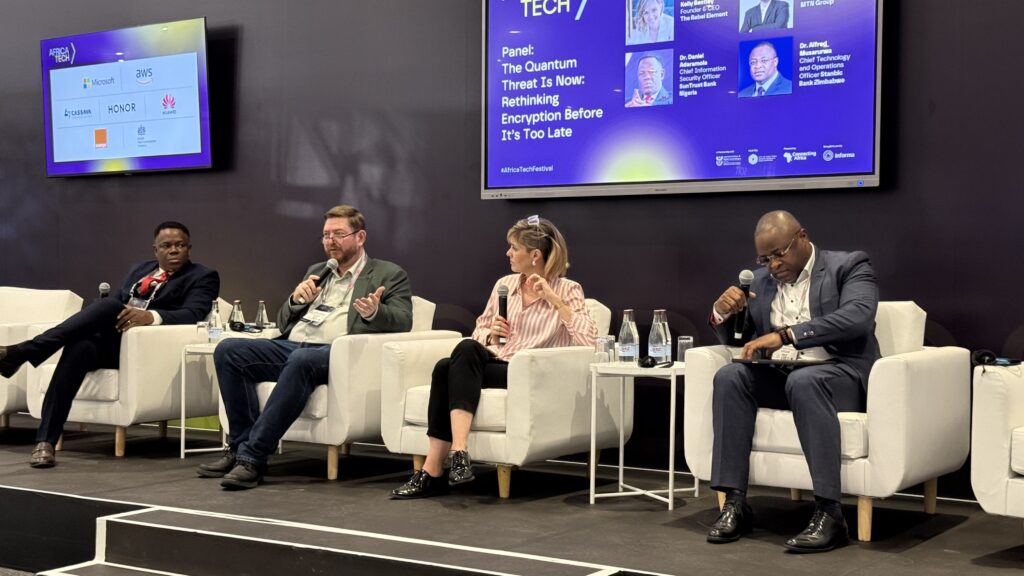
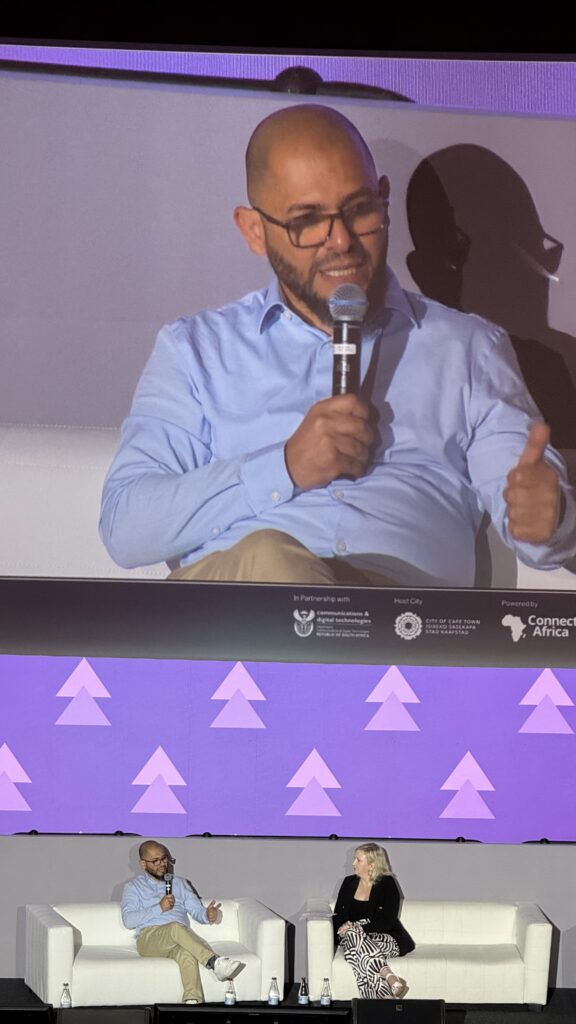
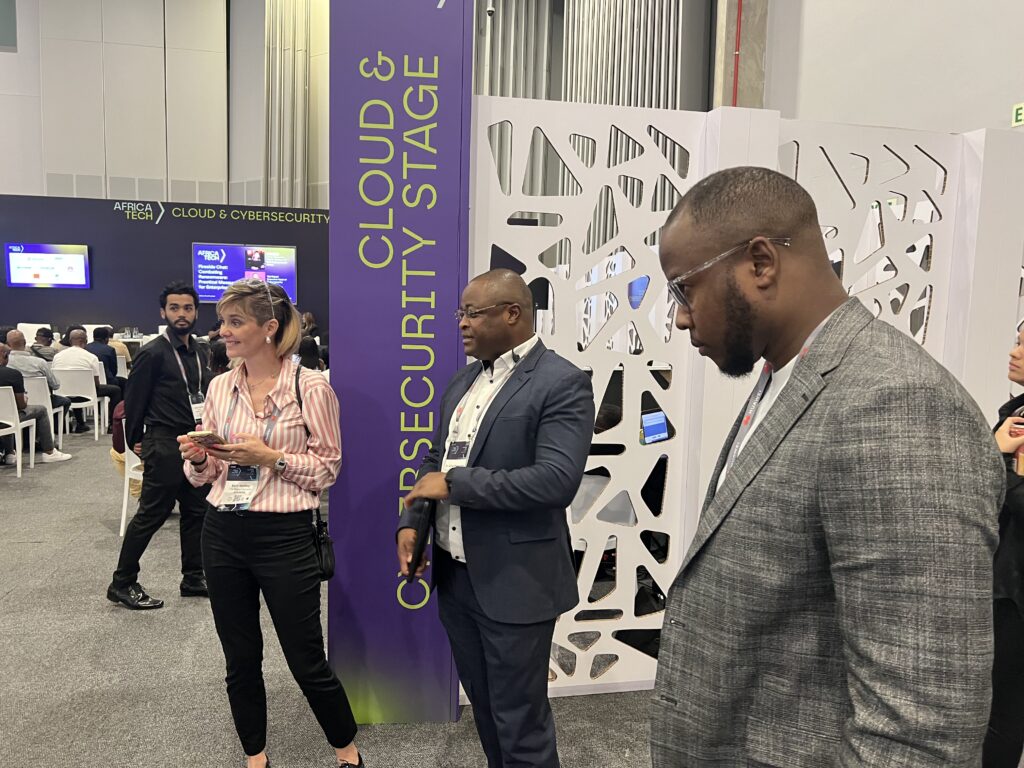
Africa Tech Festival 2025 brought together innovators, founders, telcos, policymakers, and global technology leaders , and this year’s event felt different. The conversations were sharper, the ambitions were bigger, and the announcements signaled that Africa is no longer trying to “catch up” in the tech race. We are officially part of the global front line.
Below is a comprehensive recap of the major themes, technologies, and insights we gathered throughout the week.
1. Strive Masiyiwa Sets the Pace: Africa Is Building Real AI Infrastructure
One of the defining highlights of the festival came from Strive Masiyiwa, whose announcements reaffirmed that Africa is preparing itself ,structurally and strategically for an AI-powered future.
Cassava AI Becomes Africa’s First Preferred NVIDIA Cloud Partner
This milestone secures access to advanced GPU compute for AI development across the continent. It signals a continental shift: Africa is building foundational infrastructure instead of relying solely on foreign cloud capability.
Cassava x Google Partnership: 6 Months of Free AI Capabilities for MNOs
Another groundbreaking announcement was the partnership between Cassava Technologies and Google, designed to give mobile network operators across Africa AI capabilities at no cost for the first six months.
What this means:
- MNOs can immediately integrate AI-powered services into their platforms.
- Millions of subscribers will gain access to AI tools without paying a premium.
- Telcos can test, scale, and understand AI user behavior before committing to long-term commercial models.
- The barrier to adopting AI for mass-market consumers drops to nearly zero.
This is one of the most strategic moves in Africa’s digital ecosystem, because telcos remain the continent’s largest digital distribution channel. Offering AI through MNOs can accelerate adoption faster than any standalone app ever could.
For companies like Dynaton, this opens new possibilities for embedding AI into advertising, engagement, customer service, and enterprise-grade analytics at continental scale.
2. The Rise of AI in Education
AI-powered education was a major discussion point, exploring:
- Intelligent tutoring systems
- Adaptive learning platforms
- AI-powered assessments
- Tackling digital literacy gaps across rural and urban environments
African ed-tech startups are shifting from content delivery to personalised learning ecosystems driven by real-time data. With AI infrastructure expanding, this transformation is set to accelerate.
3. Climate Tech: Africa’s New Innovation Frontier
Climate tech sessions explored solutions for:
- Early warning systems
- Flood and drought monitoring
- Renewable energy analytics
- Low-cost environmental sensors
- Climate-smart agriculture
Investors are aligning with this sector because climate resilience is now both a humanitarian priority and a commercial opportunity.
4. Robotics Takes Center Stage
Robotics had a strong presence this year with both hardware and software applications:
- Industrial automation
- Agricultural robots
- Education-focused robots
- Warehouse and logistics automation
- Locally engineered robotics prototypes
It’s clear that robotics in Africa is moving beyond showcases to practical deployment, especially in manufacturing and agriculture. Robotics + AI creates enormous opportunities for automation, data generation, and new enterprise services.
5. Telco Innovation: From Connectivity to Digital Ecosystems
Telcos across Africa showcased how they are becoming multi-service digital platforms. Key themes included:
- Cloud transformation
- AI-powered customer experience
- 5G enterprise offerings
- Startup-telco collaboration models
- Smart messaging and contextual advertising
With partnerships like Cassava x Google and new NVIDIA-powered cloud infrastructure, telcos are gearing up to deliver AI directly to subscribers — a shift that could redefine mobile services.
6. Startup Pitch Competitions: A Maturing Ecosystem
The startup pitch competitions highlighted founders solving African-scale problems in:
- AI
- Fintech
- Health tech
- Education
- Climate tech
- Enterprise SaaS
The quality of pitches and the technical depth showcased how quickly Africa’s startup ecosystem is maturing.
7. Quantum Computing & Q-Day: The Urgency of Post-Quantum Security
One of the most impactful sessions was Dr. Alfred Musarurwa’s talk on quantum computing and the concept of Q-Day — the moment quantum machines become powerful enough to break modern encryption.
Key warnings:
- Banking, telecoms, cloud, and healthcare encryption standards could become obsolete.
- Sensitive records (medical, financial, personal communication) could be exposed.
- Africa must begin adopting post-quantum cryptography immediately.
This session served as a powerful reminder that innovation must come with security.
8. Africa Is Officially in the AI Race
Across all sessions and exhibitor showcases, one message stood out: Africa is not catching up to the AI revolution — we are joining it on our own terms.
Notable developments:
- AI training hubs and incubation centers
- GPU clusters and new data centres
- LLM-powered government and enterprise applications
- Emerging AI regulation and national policy frameworks
- Tools allowing SMEs and startups to adopt AI faster
And with partnerships like Cassava x Google and infrastructure backed by NVIDIA, AI is becoming accessible at national scale.
Final Reflections: A Defining Moment for Africa’s Tech Future
Africa Tech Festival 2025 demonstrated that the continent has entered a new era — one shaped by infrastructure, collaboration, and bold innovation.
For us at Dynaton Data, these were the major takeaways:
- AI is becoming the backbone of Africa’s digital economy
- Telcos will accelerate mass AI adoption
- Robotics, quantum resilience, and climate tech are rising priority sectors
- Partnerships between startups and large enterprises will define the next decade
- African companies are building solutions with global potential
We leave Cape Town with renewed clarity and purpose: to build AI-powered solutions that serve African businesses, empower users, and contribute to a future where Africa is not just consuming technology , but shaping it.

